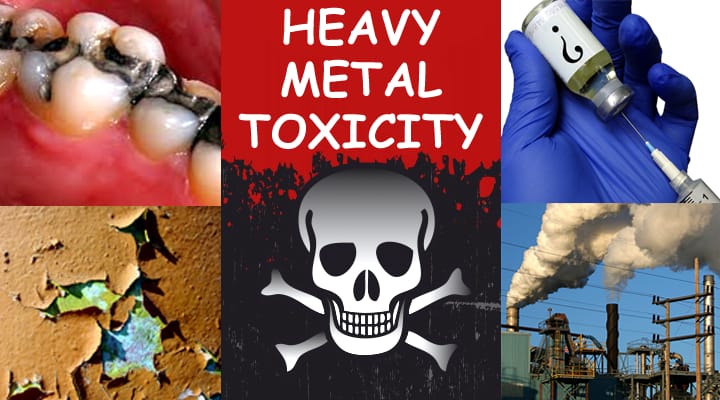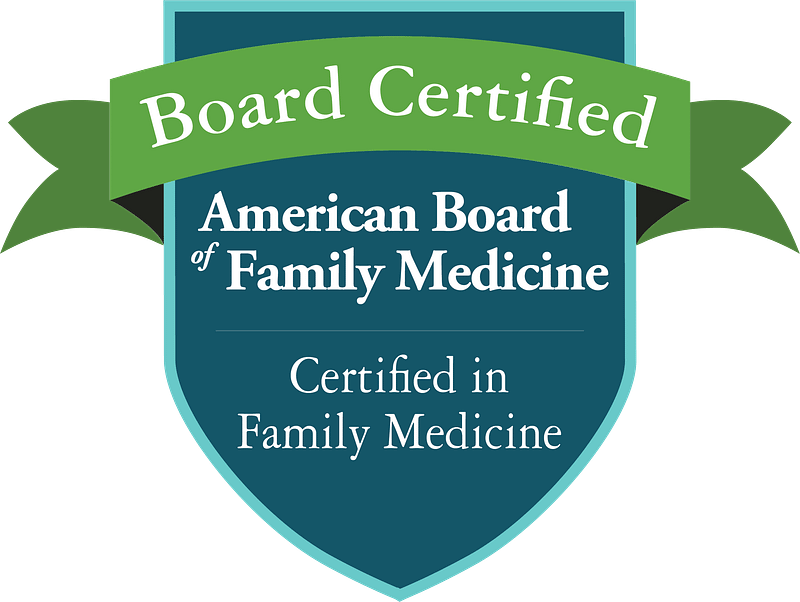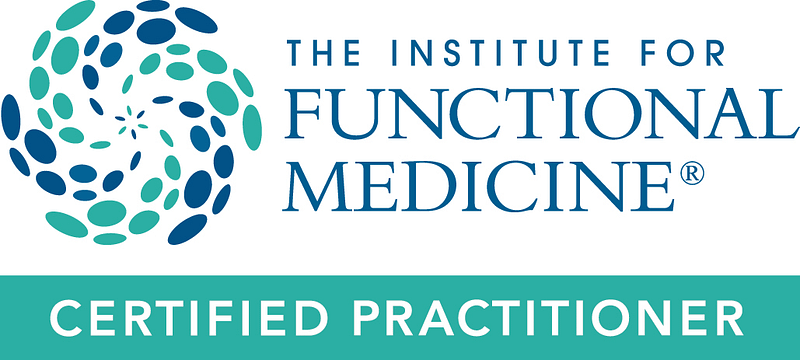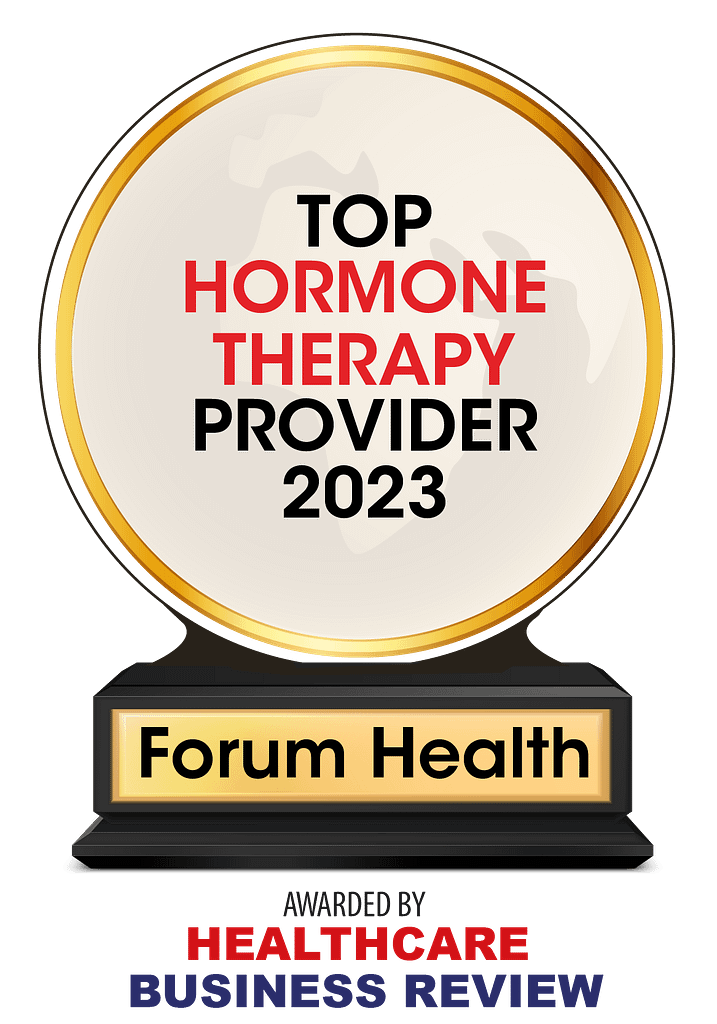by John L. Wilson, Jr., M.D.
Autism is a complex neurological/psychiatric condition that usually begins in the first 3 years of life. Autistic children often develop normal physically, but spend their time engaged in puzzling behaviors that are markedly different from normal children. They can stare into space for hours, throw tantrums, show no interest in people, and display repetitive purposeless actions such as hand flapping or head banging. They can be painfully sensitive to stimuli, including touch, taste, and sound, and frequently have little eye contact with others. They seem to live in a world by themselves. Adding insult to injury, in past decades families unnecessarily suffered from some psychologists’ erroneous beliefs that a cold unfeeling mother somehow caused autism.
For years the incidence of autism was 1 child per 2,000 births, but it has risen since the early 1990’s to current estimates ranging up to 12 children per 2,000 births. This increased incidence is, in part, due to a change from diagnosing only severe autism to also recognizing moderate and mild autism. This continuum of autistic disorders is referred to as Autistic Spectrum Disorders or ASD. There is a lack of consensus among doctors as to the cause of autism. However, medical professionals who are members of organizations such as the Autism Research Institute and Defeat Autism Now hypothesize autism is a brain disorder driven by immune system impairment linked to several factors, many of which are considered controversial. Some of those factors are discussed below.
As recently brought to the public’s attention by Congressional hearings, most childhood vaccinations contain Thimerosal, a mercury-containing preservative. Children who have a defect in their ability to excrete mercury, a known toxin, can concentrate mercury in their central nervous system. The total cumulative dose of mercury a child receives from vaccinations prior to age two can be significant in susceptible individuals.
Dr. Andrew Wakefield, a prominent British pediatric gastroenterologist and researcher, has identified specific antigen markers from the MMR (Mumps, Measles, and Rubella) vaccine in intestinal lymph glands of autistic children not found in normal children, suggesting a possible relationship between autism and this vaccine.
Doctors who treat autistic children by addressing obstacles to normal brain and immune system function find that many autistic children have a history of taking repeated courses of antibiotics early in life. This can in turn lead to an overgrowth of yeast or abnormal bacteria in the intestines. Diarrhea can result, leading to nutritional deficiencies rising from malabsorption of vitamins, minerals and essential fatty acids needed to support vital nervous system functions, protein deficiency, and altered acid/base balances in the blood stream.
Increased sensitivity to inhaled substances, chemicals, and especially foods and food additives are often seen in autistic children. As the most common reactions are to dairy (casein) and wheat (gluten), avoidance of these foods is recommended and often results in symptomatic improvement. Many autistic children have a family history of allergic illnesses.
Whether severely or minimally affected, all autistic children deserve an opportunity to be evaluated for allergic, toxic, gastrointestinal and nutritional imbalances. Early intervention is preferred. Though some don’t respond to treatment, most autistic children respond with improvement, and some will respond very positively and can be mainstreamed and live more or less independently in community settings. Clearly more research is needed to help children affected by this complex illness.











